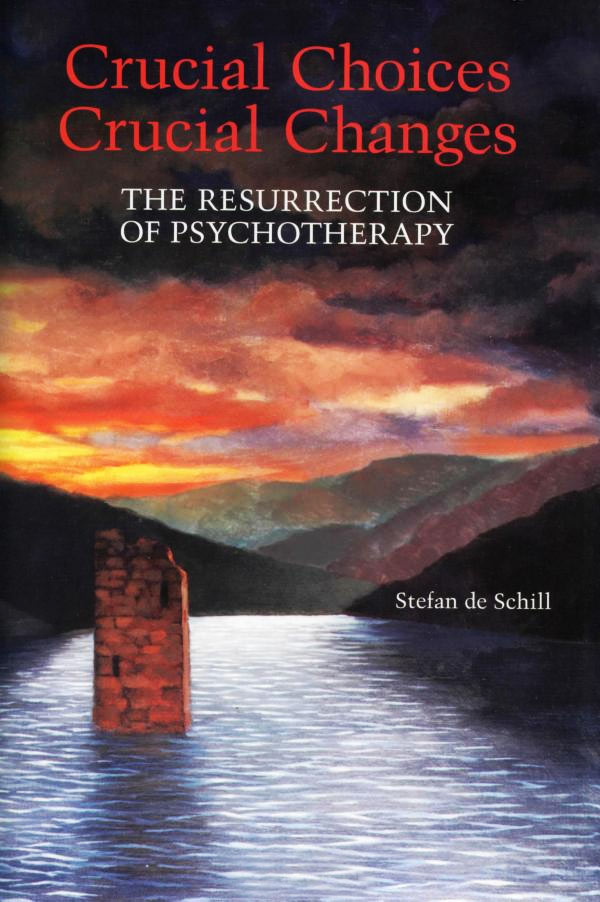Reducing the Psychological and Physical Suffering of the Seriously Ill
Of late, there has been an increased dissemination of misinformation concerning effective approaches for alleviating the pain and suffering of certain seriously ill and the terminally ill. Such incorrect information is most often motivated by rigid political or other agenda and is not based on clinical fact. The intent is to restrict physicians from exercising their best judgment in applying effective and indispensable measures to relieve chronic pain.
An example of this unfortunate trend is the recent request by the Justice Department that the Drug Enforcement Administration take punitive action against doctors who prescribe pain-killing drugs that may shorten the lives of terminally ill patients.
Written from a similar ideological orientation, the claims by Drew Smith, a policy spokesman for the AARP, in the June 2002 issue of the AARP Bulletin, that effective treatment for the emotional and physical pain of the seriously ill and dying is readily available, are also disconcerting. The way Smith presents the matter may easily lead to false expectations and bad decisions by patients and family members, and thus be the cause of much unnecessary suffering.
The American Mental Health Foundation is in a privileged position to evaluate the facts properly. For many decades, the professionals of the Foundation have been devoted to developing improved treatment approaches for emotional suffering and, thus, are thoroughly familiar with the means to deal with emotional pain.
The simple truth is that each day in the United States a considerable number of terminally ill patients are suffering prolonged, intensive psychological and physical pain. They eventually die in agony. The distress to their loved ones is likewise traumatic.
It must be emphasized that, unfortunately, the psychological relief that can be given to the terminally ill is limited at best. The changes requested by the advocates of stricter regulation of the present humane practices would result in an enormous disservice to the suffering. The fact is that the effective pain-killing drugs for the terminally ill, who are subject to intensive suffering, are also life-shortening.
Regarding the action by the Justice Department, Jerome Groopman, professor of medicine at Harvard University, cogently comments:
“It represents a striking lack of understanding of how physicians help patients to die, and it risks making the last days of the terminally ill a time of panic and pain rather than of calm and comfort.
“Nothing could be further from the truth than the Justice Department’s statement that a federal drug agency could readily discern ‘the important medical, ethical and legal distinctions between intentionally causing a patient’s death and providing sufficient dosages of pain medication necessary to eliminate or alleviate pain.’ In fact, it is medically impossible to dissociate intentionally ameliorating a dying patient’s agony from intentionally shortening the time left to live.
“The Justice Department’s action also threatens the very essence of the hospice care that in recent years has allowed so many terminal patients to die at home, with doctors and nurses easing the passage through the prudent use of pain medications.”
Based on long-term responsible medical research, unencumbered by political and/or religious considerations, and imbued with compassion for their citizens, countries such as Switzerland, Belgium and the Netherlands have legalized the charitable and ethical measures that provide adequate relief as needed.








 Host Companion
Host Companion